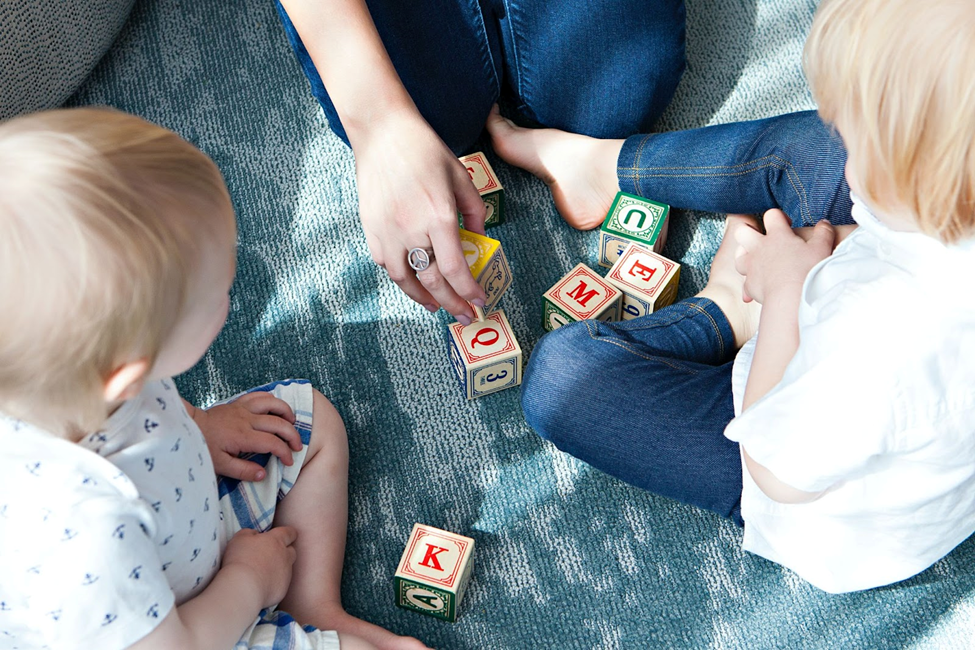Divorce, the legal dissolution of a marriage, has become increasingly prevalent in modern society, with millions of couples around the world opting to end their unions each year. This significant social phenomenon transcends geographical boundaries, cultural differences, and socioeconomic statuses, affecting individuals and communities globally.
Beyond its immediate participants, divorce sets off a series of cascading consequences that reverberate throughout families, children, and society. This “ripple effect” concept underscores how divorce can have far-reaching implications beyond the divorcing couple, influencing various aspects of life for those in its wake.
Here, we delve into the negative effects of divorce, shedding light on how this complex process disrupts familial dynamics, impacts children’s well-being, and contributes to broader societal challenges. By examining these interconnected domains, we gain insight into the multifaceted repercussions of divorce and the urgent need for support systems to address its adverse effects.
Impact on Families

Divorce in Texas is a complex process that can lead to emotional distress, grief, anger, loneliness, and insecurity for spouses. The state’s unique cultural and social landscape adds complexity to the emotional experience as couples grapple with the dissolution of their marriage amidst Texan values and traditions.
Divorce represents the end of a significant chapter in a couple’s lives, triggering a range of complex emotions. Couples may mourn the loss of shared dreams and aspirations, leading to anger and resentment. Additionally, divorce often breeds feelings of loneliness and isolation, particularly in communities where familial ties and social networks hold significant importance.
The emotional impact of divorce in Texas is further exacerbated by the potential for increased conflict, especially when child custody or financial arrangements are contentious. Disputes over custody and visitation rights can escalate tensions between spouses, fueling animosity and resentment. Disagreements over the division of assets, alimony payments, and other financial matters can strain already fragile relationships, prolonging the emotional turmoil of divorce.
In addition to emotional upheaval, divorce in Texas presents spouses with practical challenges such as changes in living arrangements, financial security, and the redefinition of family roles and relationships. Living arrangements can be particularly challenging in Texas, where housing and living expenses vary widely across regions. Financial security is another key concern, especially in cases where one spouse is the primary breadwinner or assets are unevenly distributed.
Redefining family roles and relationships is a complex and ongoing process for divorcing couples in Texas, particularly if children are involved. By acknowledging these challenges and seeking support from legal, financial, and mental health professionals, divorcing couples can work towards a smoother transition and laying the groundwork for a healthier post-divorce future.
Impact on Children
Divorce in Texas can lead to significant emotional and behavioral challenges for children. The emotional impact can be heightened, causing anxiety, depression, and feelings of loss. In Texas, where familial bonds and traditions are highly valued, children may struggle to adjust to their new family dynamics, leading to confusion and uncertainty about the future.
Disrupting children’s sense of stability and security can also cause difficulties in adjusting to their new circumstances. Changes in living arrangements, routines, and caregiving arrangements can exacerbate feelings of insecurity, leaving children feeling adrift and unsettled. Additionally, children of divorce may exhibit behavioral issues, such as acting out behavior, academic struggles, or difficulty concentrating in school.
Research suggests that the long-term effects of divorce can linger into adulthood, increasing the risk of substance abuse, relationship difficulties, and lower educational attainment. Children of divorce may engage in risky behaviors like smoking, drinking, or drug use to cope with the emotional fallout of their parents’ separation. The instability and upheaval of divorce can also impact children’s ability to form and maintain healthy relationships, leading to difficulties in establishing long-term partnerships or marriages.

In conclusion, divorce in Texas has far-reaching implications for children’s emotional well-being and long-term development. By providing support and resources to children of divorce, parents, educators, and community members can help mitigate the negative effects of divorce and foster resilience among affected children.
Impact on Society
Divorce in Texas has significant economic and social implications beyond individual families. It increases reliance on social welfare programs, such as food stamps, housing assistance, and Medicaid, to support needy families. Parents may struggle to balance work responsibilities with single parenthood or co-parenting arrangements, leading to increased demand for government assistance programs. The stress and emotional toll of divorce can impact parents’ mental health, leading to decreased job performance, absenteeism, and reduced productivity in the workplace.
Children of divorce may also contribute to economic costs through behavioral issues and academic difficulties, leading to higher healthcare costs associated with mental health services, counseling, and behavioral interventions. The strain on healthcare systems to meet the needs of children experiencing emotional and behavioral problems further exacerbates the economic burden of divorce on society.
Dissolution in Texas has broader social implications, including the weakening of traditional family structures and the potential erosion of social norms surrounding family life. Fragmented families may need help to connect with extended family members, neighbors, and community organizations, weakening social bonds and diminishing community resilience.
To mitigate the negative effects of divorce and promote family stability and well-being, policymakers, community leaders, and stakeholders can work to address the underlying factors contributing to marital instability. Through targeted interventions and support programs, communities can strengthen family resilience and foster social cohesion, ultimately building healthier and more resilient communities for all.
Coping with the Effects of Divorce
Navigating the effects of divorce, whether in Texas or elsewhere, can be incredibly challenging for families. However, acknowledging the importance of coping mechanisms and support systems is crucial in helping individuals and families navigate this difficult transition.
Counseling and therapy can provide invaluable support for individuals and families grappling with the emotional toll of divorce. Professional therapists can offer guidance, validation, and coping strategies to help individuals process their feelings of grief, anger, and uncertainty. Family therapy sessions can also facilitate communication and conflict resolution among family members, fostering healthier relationships and coping mechanisms.

Support groups tailored to individuals experiencing divorce can offer a sense of community and solidarity during a time of upheaval. Connecting with others facing similar challenges can provide validation, empathy, and practical advice for coping with divorce’s emotional and practical aspects. These groups may focus on specific topics such as co-parenting, single parenthood, or navigating legal proceedings, providing targeted support to meet the diverse needs of participants.
Educational programs and workshops for parents and children can also be valuable resources for families navigating divorce. These programs may offer guidance on effective co-parenting strategies, communication skills, and conflict-resolution techniques to help families maintain healthy relationships and minimize the negative impact of divorce on children. For children, educational programs can provide age-appropriate information about divorce, validate their feelings, and teach coping skills to navigate the changes in their family dynamic.
By accessing these resources and support systems, families in Texas and beyond can build resilience, foster healthy coping mechanisms, and navigate the challenges of divorce with greater confidence and support. While divorce may present significant challenges, families can emerge from this difficult experience stronger, more resilient, and better equipped to thrive with the right support and resources.








